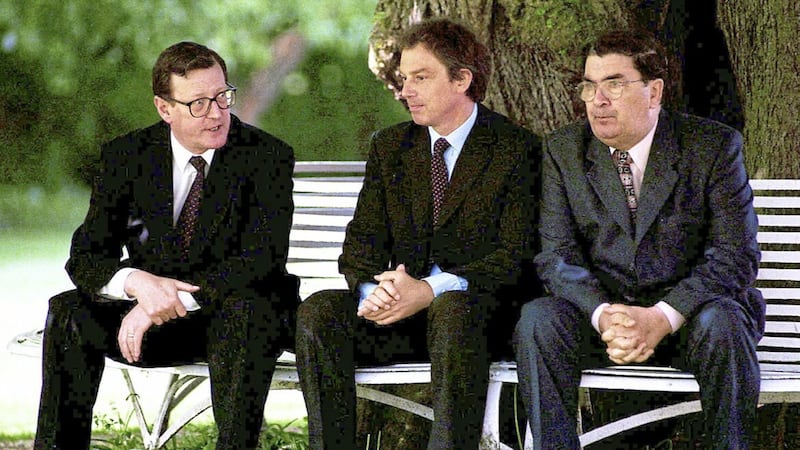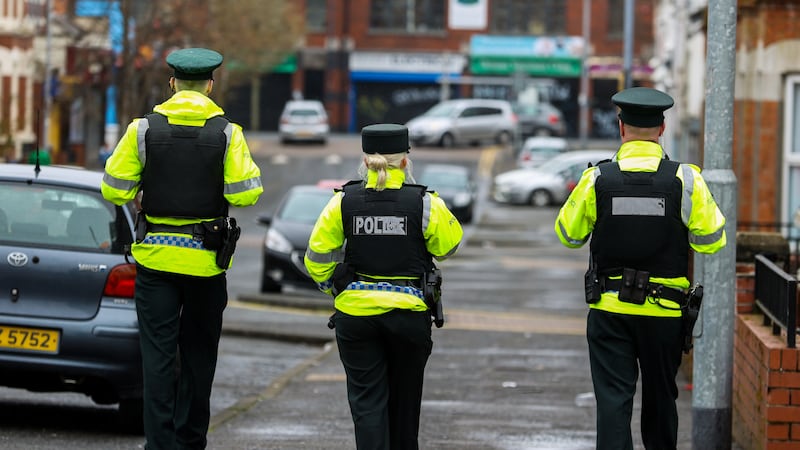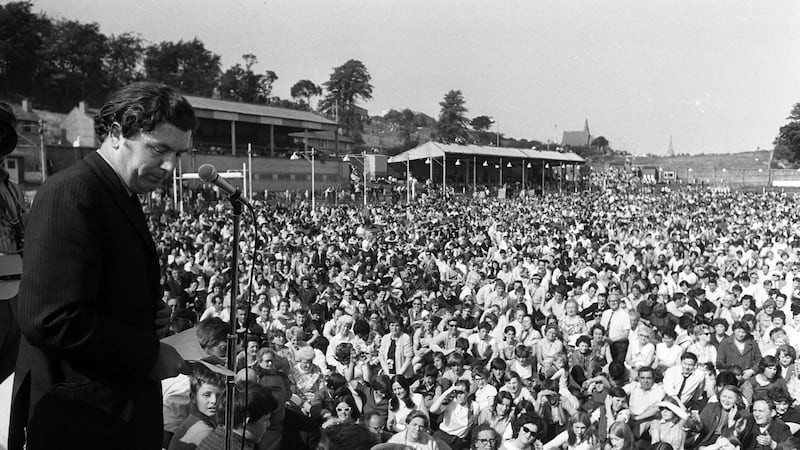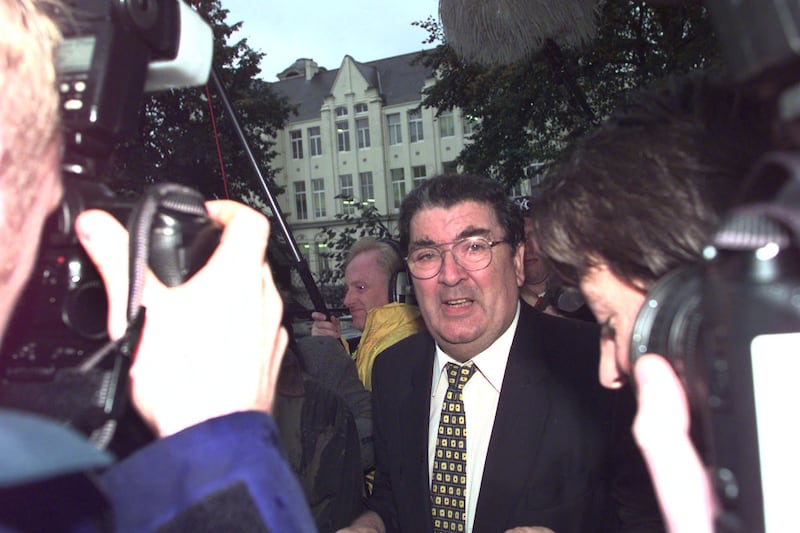IT’S difficult to imagine where Northern Ireland would be were it not for David Trimble. Cautious and conservative by nature, he was nonetheless a courageous risk taker, who along with John Hume and Gerry Adams created the circumstances that enabled peace.
For a long time it was an uncertain, unstable peace but it endured often against the odds and moved us away from what many believed was an intractable conflict. Stormont, especially as it lies dormant, has many flaws but for those old enough to remember the alternative, it is infinitely preferable.
When David Trimble succeeded James Molyneaux in September 1995, the IRA had been on ceasefire for little over a year but the peace process was already faltering, as the Tories short-sightedly placated the Ulster Unionists in order to preserve John Major’s minority government. The signs were not good. The UUP’s twelfth leader’s backstory included membership of Bill Craig’s hardline Vanguard, while he was also a key figure in the Ulster Workers Council strike that wrecked the Sunningdale Agreement.
Weeks before his election as UUP leader he had walked hand in hand with Ian Paisley in what was seen by nationalists as a 'victory jig’ celebrating the decision to let Orangemen parade along Portadown’s Garvaghy Road.
In his initial months in charge, Trimble reverted to type. He led demands for decommissioning of IRA weapons prior to all-party talks and was uncompromising in his language. Arguably, after years convincing itself that it occupied the moral high ground, unionism wasn’t quite ready for the peace process and in retrospect there was a certain inevitability about the breakdown of the first ceasefire after 17 months, with the Canary Wharf bomb.
The Labour landslide of 1997 brought with it fresh hope and forced a more strategic approach from the Ulster Unionist leadership. The tough talking continued but it was coupled with pragmatism and a greater determination. David Trimble faced down republicans but he also faced down reactionary elements with unionism who sought perpetuate decades of violent division. Always appearing a reluctant and at times awkward leader, he was much sharper than most of his unionist contemporaries, his legal mind serving him well in what were to be arduous negotiations leading up to the Good Friday Agreement. While lacking charisma in the traditional sense, he managed to take enough of the party’s major figures with him to – just about – keep the process on track.
But whereas to many the accord and subsequent referendum were seen as the conclusion, or at least a staging post, in the peace process, for the Ulster Unionists it signalled the beginning of a cycle that would rip the party asunder and ultimately see it dethroned as the foremost voice of unionism. The upheaval and accompanying bitterness undoubtedly took its toll on David Trimble and his family, yet they remained dignified. His support for the Good Friday Agreement saw him endure what seemed like an endless series of Ulster Unionist Council votes and in the end it cost him his Westminster seat, but there is deep respect for the late Lord Trimble among both hardline unionists and nationalists, albeit begrudging at times.
There’s an acknowledgment that had Northern Ireland's inaugural first minster not stepped into the breach when he did, there may have never been a Good Friday Agreement and a peace process worth talking about.








